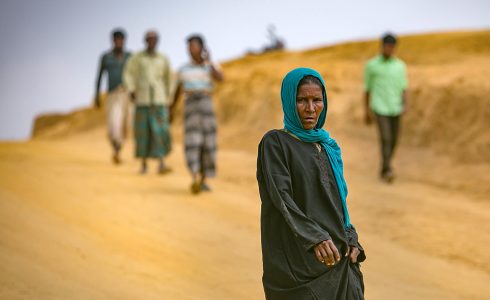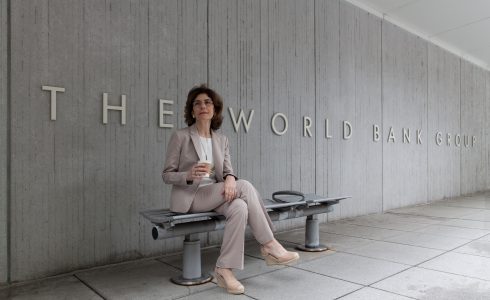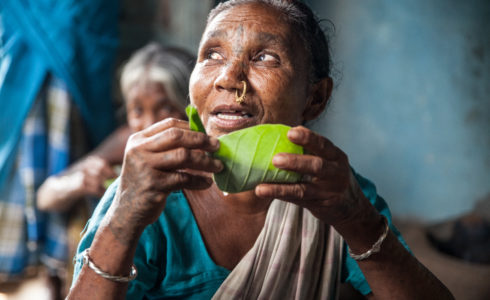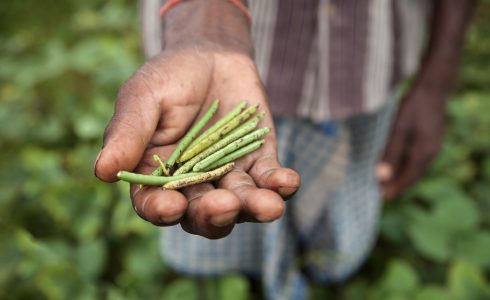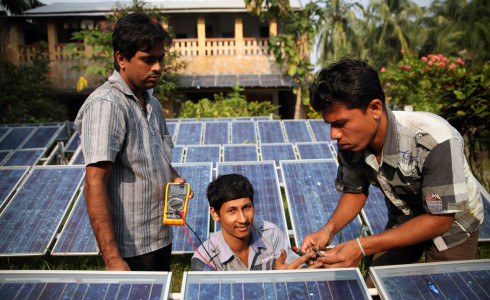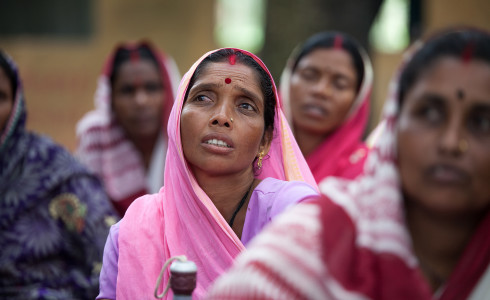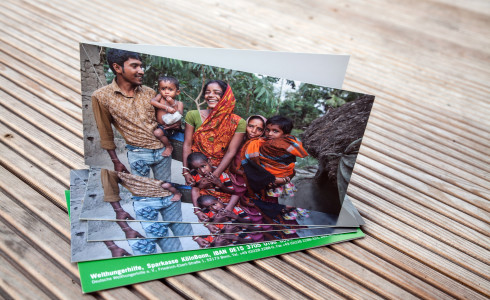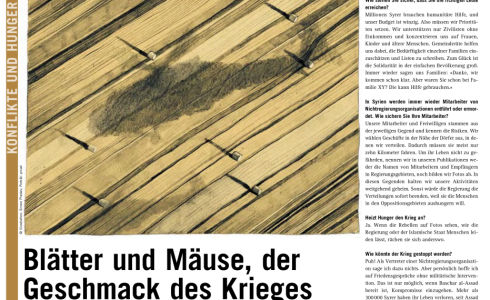“It was the perfect storm”
Published on the NUDGED blog, March 18, 2020 >>
Before 700,000 Rohingya fled genocide in Myanmar in 2017, the military had incited millions of users against the group in a hate speech campaign on Facebook. Why did the company not intervene? And could it happen again? Human rights experts Matthew Smith (Fortify Rights) and Alan Davis (Institute for War and Peace Reporting), who both witnessed the events leading up to the genocide, shared their insights with me over the phone.
